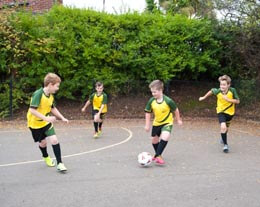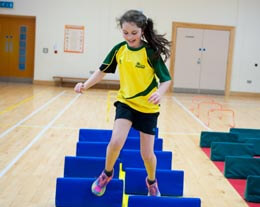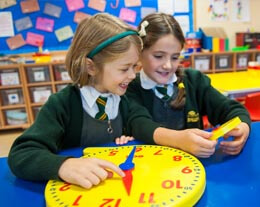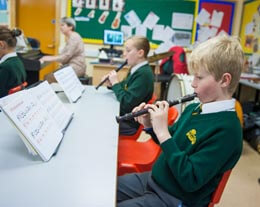Literacy
Literacy Strategy
The aims of this strategy are based on the Count, Read, Succeed document. In Ballyholme Primary we are aiming to:
- Ensure that the key elements of literacy: Talking & Listening, Reading and Writing are provided for across the curriculum.
- Enable teachers to have a central role by undertaking robust tracking and monitoring of pupils’ work with a particular focus on identifying and addressing under-achievement in literacy.
- Provide opportunities for teachers, in conjunction with literacy co-ordinators to share and learn from good practice.
- Provide an effective means for assessing pupil progress that will inform teaching and learning.
- Promote a policy of early intervention to address actual or potential under-achievement.
- Foster links with parents, families and communities to help them support their children.
1) NFER
- Testing September P3 – P7
- Analysis of data – end of September/June
- Priorities identified and addressed
2) Talking and Listening
- A bank of activities devised for each year group to promote Talking and Listening and give children opportunities to develop their skills.
- To provide teachers with more evidence to allow them to accurately level the children according to the new CEA assessment levels of Progression in Communication across the curriculum.
3) Home Reading
- To promote the importance of reading homework and inform parents and encourage parental feedback on a regular basis.
- To develop the use of Bangor Library through school visits and information sessions for Parents.
4) Writing
- To revise the 6 different genres of writing and ensure that all types are planned for and taught throughout the year.
- Use AFL strategies to mark for improvement on regular basis.
5) Linguistic Phonics
- Linguistic Phonics taught in P2-P4.
6) Assessment Opportunities
- To plan for opportunities for assessment on a regular basis using the Level of Progression for Communication.
- Develop a shared understanding of levels through ongoing internal standardization meetings.

















